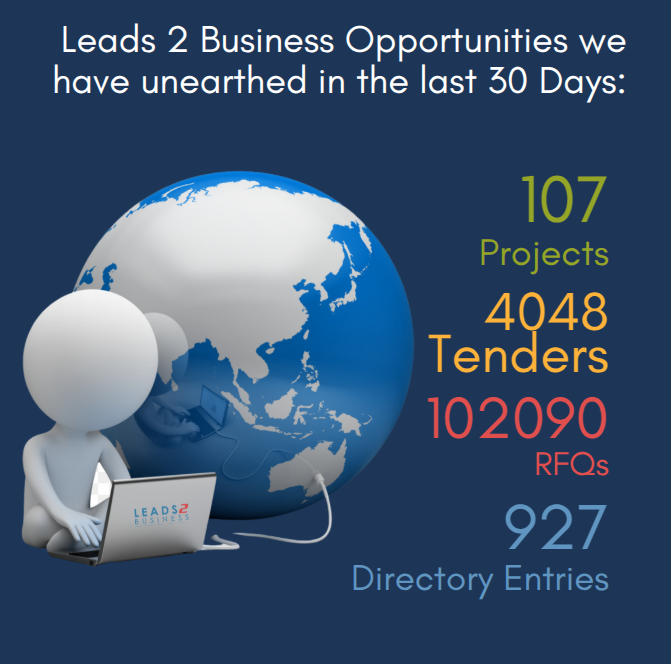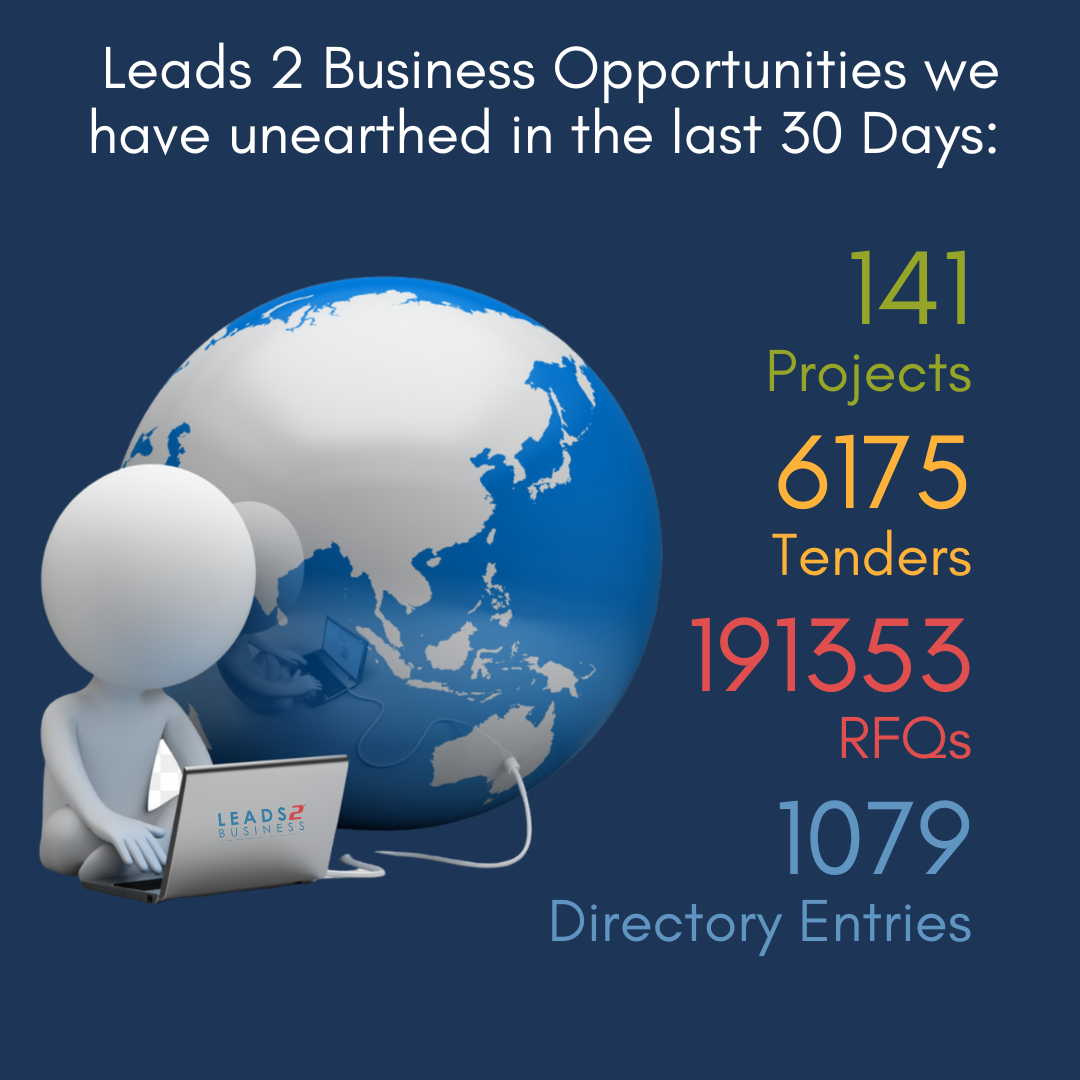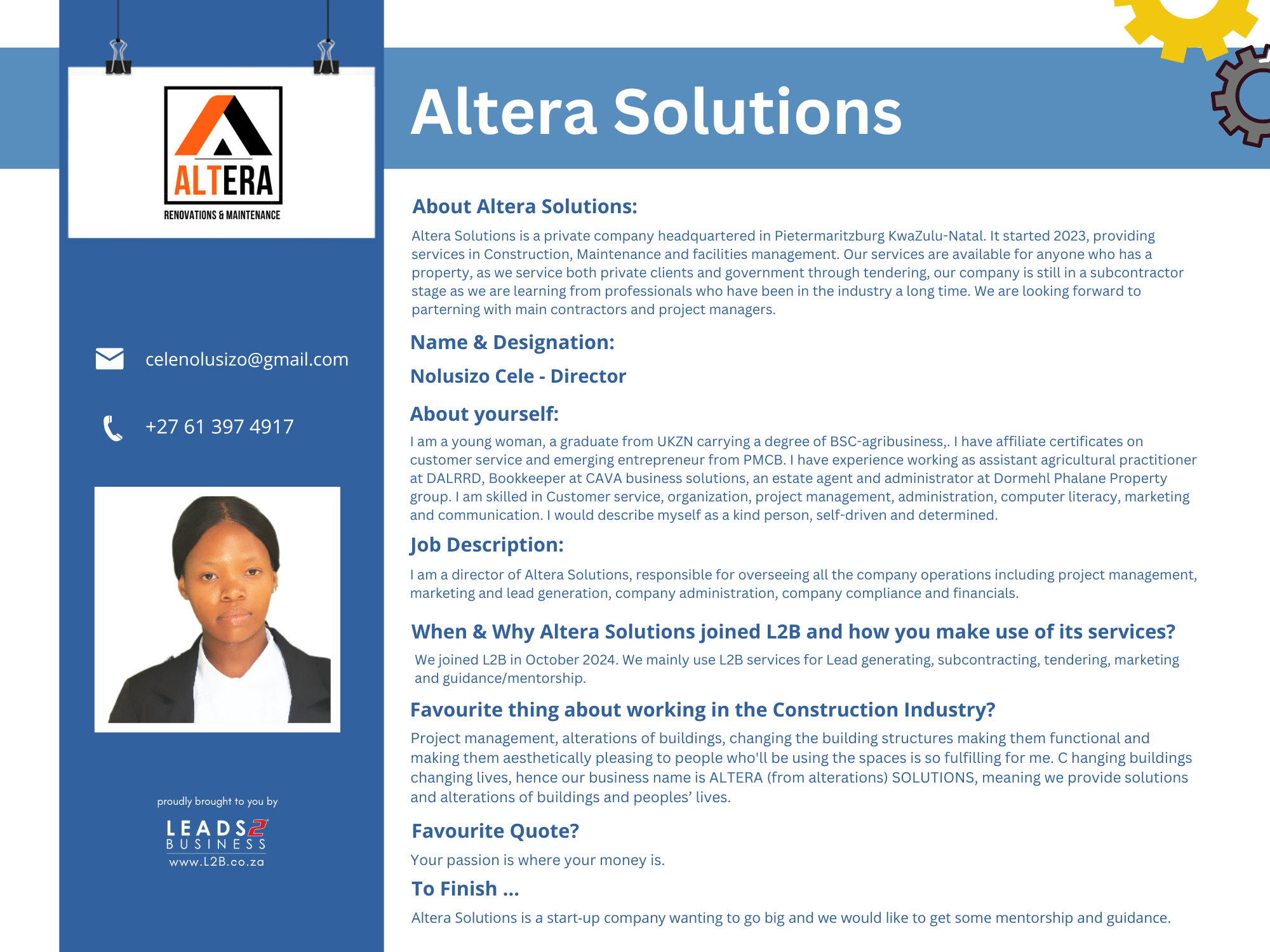Maximizing return on investment (ROI) in construction projects is a critical objective for stakeholders, including developers, contractors, investors, and clients. In South Africa, the construction industry faces unique challenges and opportunities that influence ROI. These include economic fluctuations, regulatory requirements, technological advancements, and sustainability concerns. This blog explores strategies to maximize ROI in construction projects within the South African context, offering insights into planning, execution, and post-construction phases.
Understanding ROI in Construction
ROI is a key performance metric used to evaluate the efficiency and profitability of an investment. In construction, ROI is determined by comparing the net profit generated by a project to the total investment cost. Maximizing ROI involves increasing revenues while controlling and reducing costs throughout the project lifecycle.
Key Strategies to Maximize ROI
- Comprehensive Planning and Feasibility Studies The foundation of a successful construction project is comprehensive planning and feasibility analysis. These steps help in identifying potential challenges and opportunities, ensuring that the project is viable and aligns with market demand.
Steps in planning and feasibility studies:
- Conducting market research to understand demand and competition.
- Evaluating site conditions and potential regulatory hurdles.
- Estimating project costs and potential revenue.
- Developing a detailed project plan and timeline.
- Efficient Project Management Effective project management is crucial for maximizing ROI. It involves coordinating resources, managing timelines, and ensuring quality control.
Key aspects of efficient project management:
- Using project management software to track progress and manage resources.
- Implementing clear communication channels among stakeholders.
- Regularly monitoring project milestones and adjusting plans as needed.
- Ensuring adherence to safety and quality standards.
- Cost Control and Budget Management Controlling costs is essential for maximizing ROI. This requires meticulous budgeting, monitoring expenses, and identifying areas where savings can be achieved without compromising quality.
Cost control strategies:
- Creating a detailed budget that accounts for all potential expenses.
- Regularly reviewing and adjusting the budget based on actual expenditures.
- Negotiating favorable terms with suppliers and subcontractors.
- Implementing cost-saving technologies and construction methods.
- Adopting Advanced Technologies Leveraging advanced technologies can significantly enhance construction efficiency and reduce costs, thereby increasing ROI.
Technologies to consider:
- Building Information Modeling (BIM) for improved design and project management.
- Drones for site surveys, inspections, and progress monitoring.
- 3D printing for constructing building components quickly and cost-effectively.
- Robotics and automation for tasks such as bricklaying and concrete pouring.
- Sustainable Building Practices Incorporating sustainable practices not only benefits the environment but also enhances long-term ROI by reducing operational costs and increasing property value.
Sustainable practices include:
- Using energy-efficient materials and systems.
- Incorporating renewable energy sources such as solar panels.
- Implementing water-saving measures like rainwater harvesting and greywater recycling.
- Achieving green building certifications to attract eco-conscious buyers and tenants.
- Effective Risk Management Identifying and mitigating risks early in the project lifecycle can prevent costly delays and disruptions, ensuring a smoother path to completion and better ROI.
Risk management strategies:
- Conducting thorough risk assessments and developing mitigation plans.
- Purchasing adequate insurance coverage.
- Diversifying project investments to spread risk.
- Establishing contingency plans for potential disruptions.
- Optimizing Supply Chain Management Efficient supply chain management ensures timely delivery of materials and equipment, reducing delays and associated costs.
Supply chain optimization techniques:
- Establishing strong relationships with reliable suppliers.
- Using just-in-time delivery methods to minimize inventory costs.
- Implementing digital supply chain management tools for real-time tracking.
- Negotiating bulk purchase discounts.
- Quality Control and Assurance Maintaining high standards of quality throughout the construction process is essential for maximizing ROI. Poor quality can lead to rework, increased costs, and dissatisfied clients.
Quality control measures:
- Implementing stringent quality assurance protocols.
- Conducting regular inspections and audits.
- Ensuring that all materials and workmanship meet specified standards.
- Training workers on quality best practices.
- Leveraging Public-Private Partnerships (PPPs) Public-Private Partnerships can provide access to additional funding and resources, reducing financial risk and enhancing project viability.
Benefits of PPPs:
- Access to public funding and subsidies.
- Sharing of risks and responsibilities with public entities.
- Increased credibility and stakeholder confidence.
- Enhanced community support and engagement.
- Effective Marketing and Sales Strategies A well-executed marketing and sales strategy is crucial for attracting buyers and tenants, ensuring quick occupancy and cash flow.
Marketing and sales tactics:
- Developing a strong brand and online presence.
- Utilizing digital marketing tools like social media, SEO, and PPC advertising.
- Offering incentives such as early bird discounts and flexible financing options.
- Partnering with real estate agents and brokers.
Case Studies of Maximizing ROI in South African Construction Projects
1. Menlyn Maine, Pretoria
Menlyn Maine is a mixed-use development in Pretoria that exemplifies the effective use of sustainable practices and advanced technologies. By integrating green building techniques and leveraging BIM for project management, the developers maximized efficiency and reduced costs. The project achieved high occupancy rates and property values, reflecting strong ROI.
2. V&A Waterfront Development, Cape Town
The V&A Waterfront development showcases the benefits of public-private partnerships and effective marketing strategies. The collaboration with public entities provided financial support and facilitated regulatory approvals. Comprehensive marketing campaigns attracted both local and international buyers, ensuring high demand and profitability.
3. Steyn City, Johannesburg
Steyn City is a prime example of optimizing supply chain management and quality assurance. The project’s developers established strong supplier relationships and implemented rigorous quality control measures. This approach minimized delays and ensured high-quality construction, resulting in a premium residential community with strong ROI.
Future Trends in Maximizing ROI
- Increased Adoption of Digital Technologies The future of construction in South Africa will see greater adoption of digital technologies such as AI, IoT, and blockchain. These technologies can enhance project management, improve efficiency, and reduce costs.
- Focus on Sustainable and Resilient Construction As environmental concerns grow, there will be a greater emphasis on sustainable and resilient construction practices. This includes the use of green materials, energy-efficient designs, and climate-resilient infrastructure.
- Integration of Smart Home Features The demand for smart homes is expected to rise, with features such as home automation, energy management systems, and advanced security becoming standard. These features can enhance property value and attract tech-savvy buyers.
- Enhanced Collaboration Through BIM Building Information Modeling (BIM) will continue to be a key tool for enhancing collaboration and coordination among stakeholders. Improved BIM capabilities will lead to more efficient project delivery and higher ROI.
- Increased Use of Modular Construction Modular construction will become more prevalent, offering benefits such as reduced construction time, lower costs, and improved quality control. This method is particularly suited for affordable housing projects.
- Emphasis on Health and Wellness-Oriented Design Post-pandemic, there will be a heightened focus on health and wellness in residential design. This includes better indoor air quality, access to natural light, and wellness amenities, which can increase property appeal and value.
Conclusion
Maximizing ROI in construction projects in South Africa involves a multifaceted approach that includes comprehensive planning, efficient project management, cost control, and the adoption of advanced technologies. By implementing sustainable practices, optimizing supply chain management, and leveraging public-private partnerships, construction companies can enhance profitability and achieve long-term success. As the industry continues to evolve, staying abreast of emerging trends and adapting to new challenges will be crucial for maximizing ROI and contributing to the growth and development of South Africa’s built environment.









